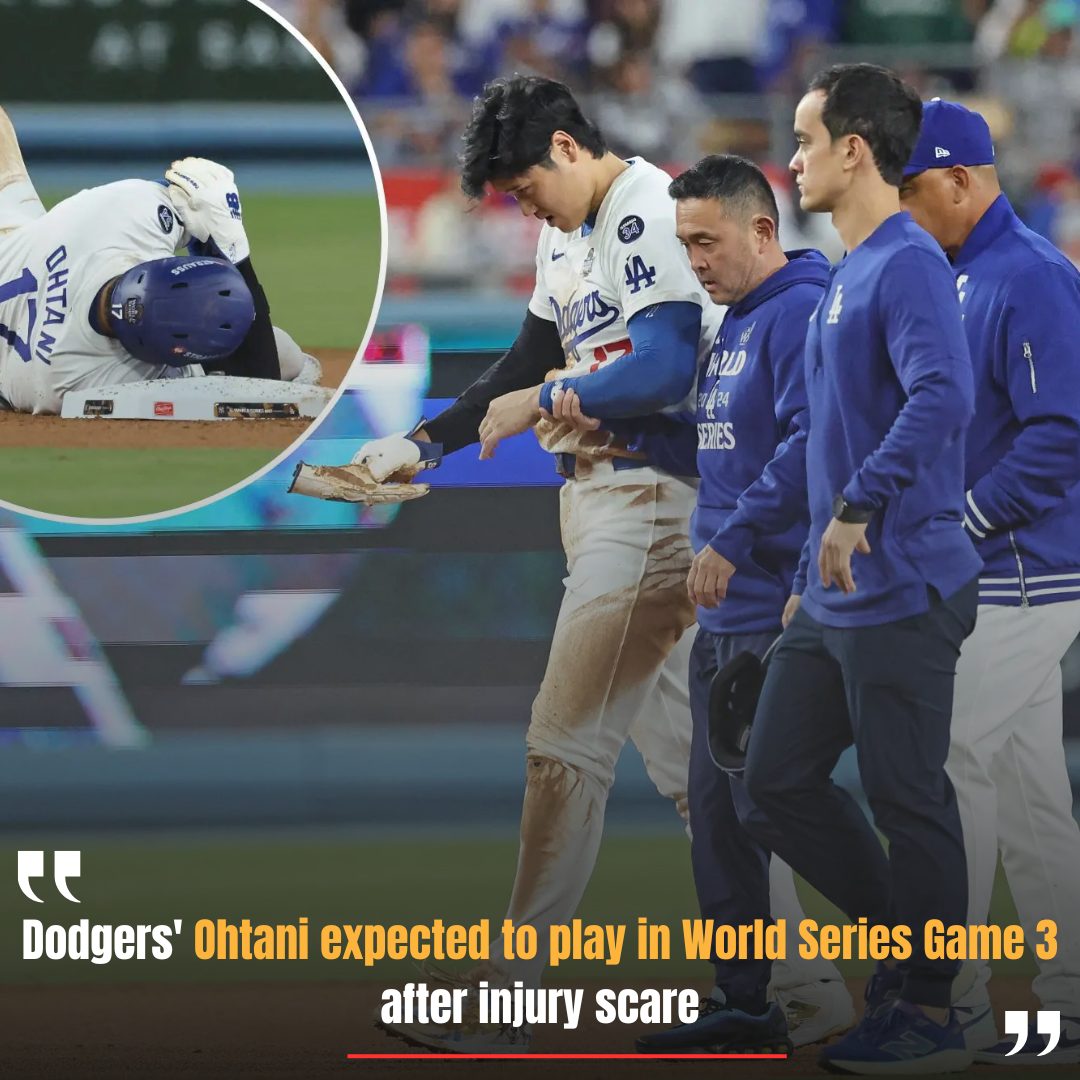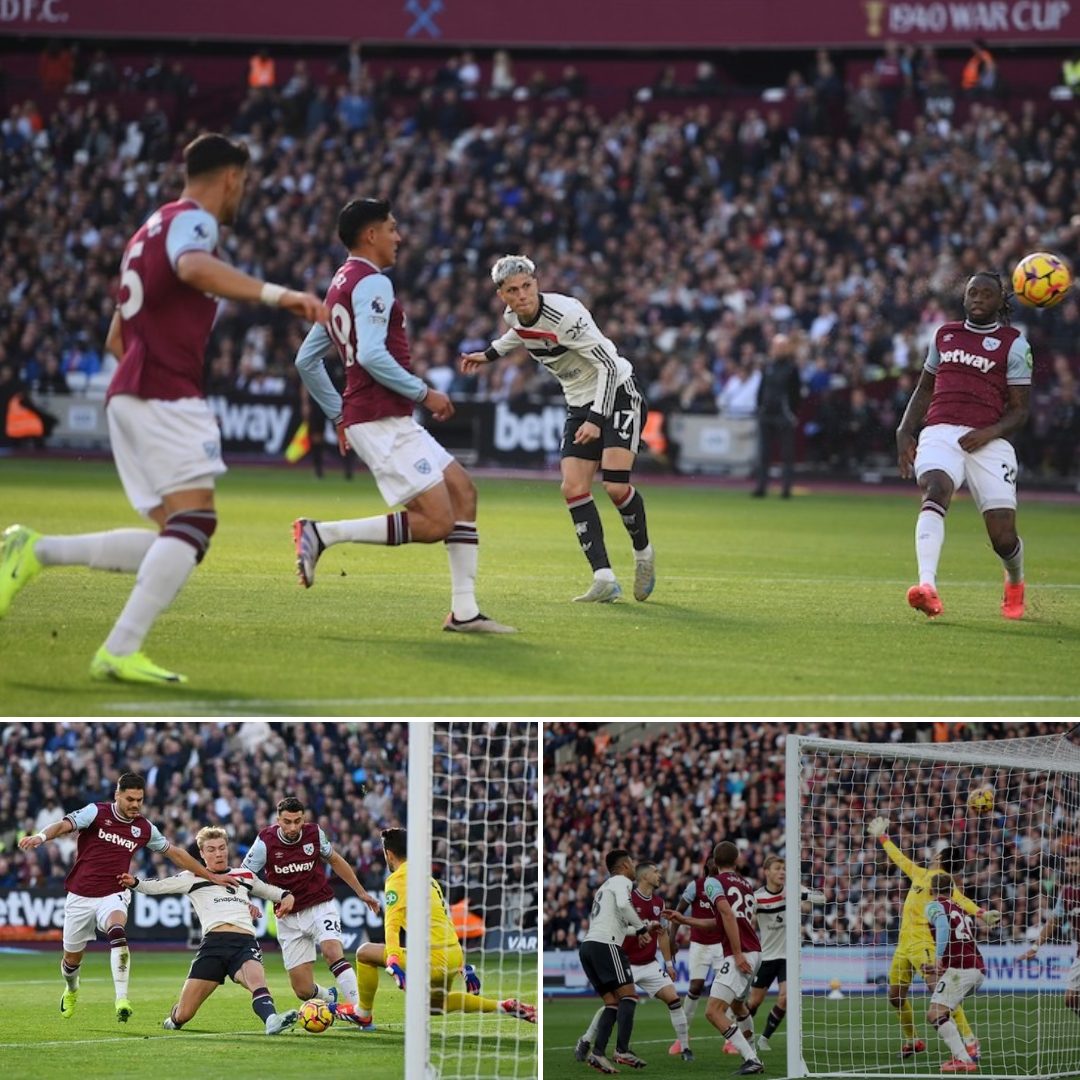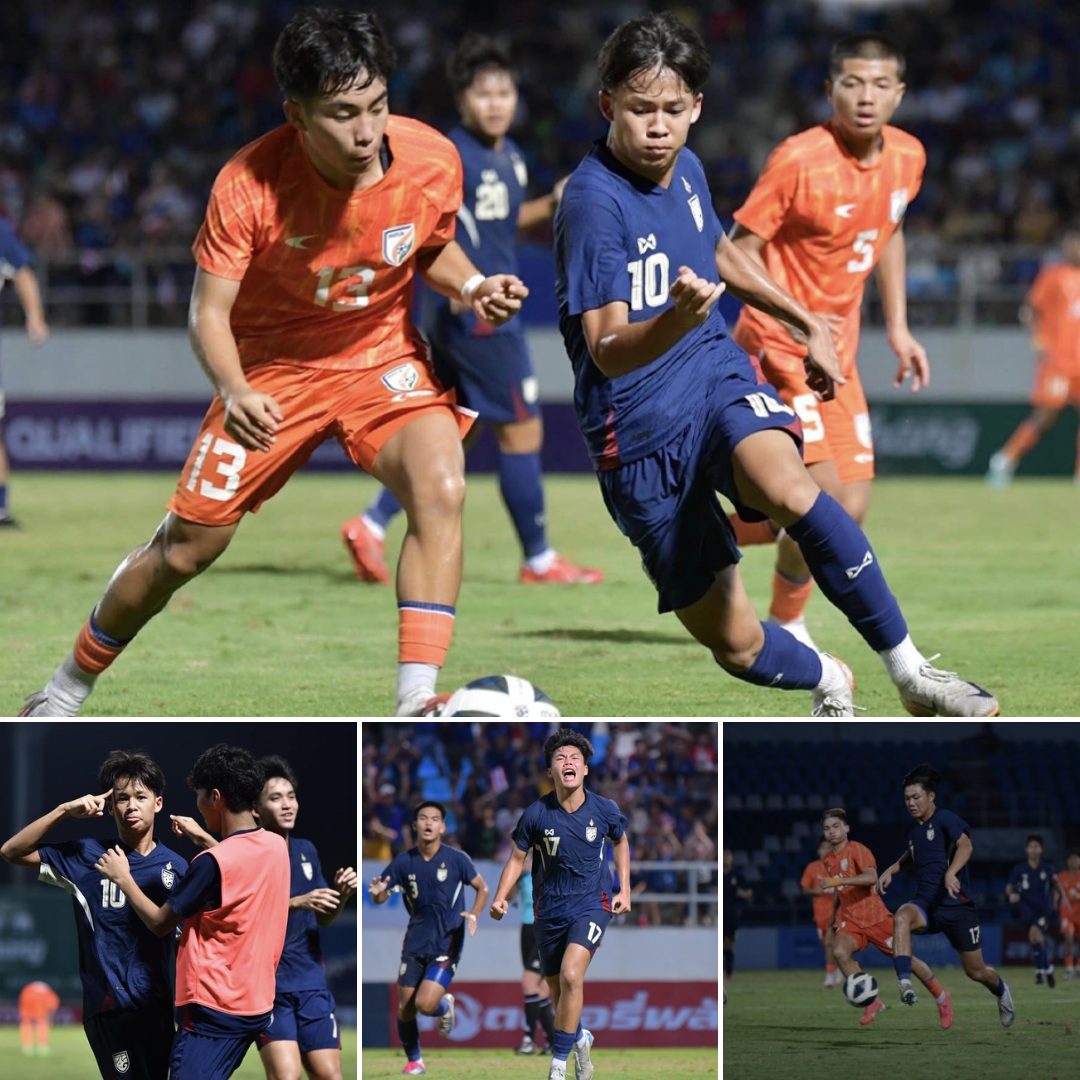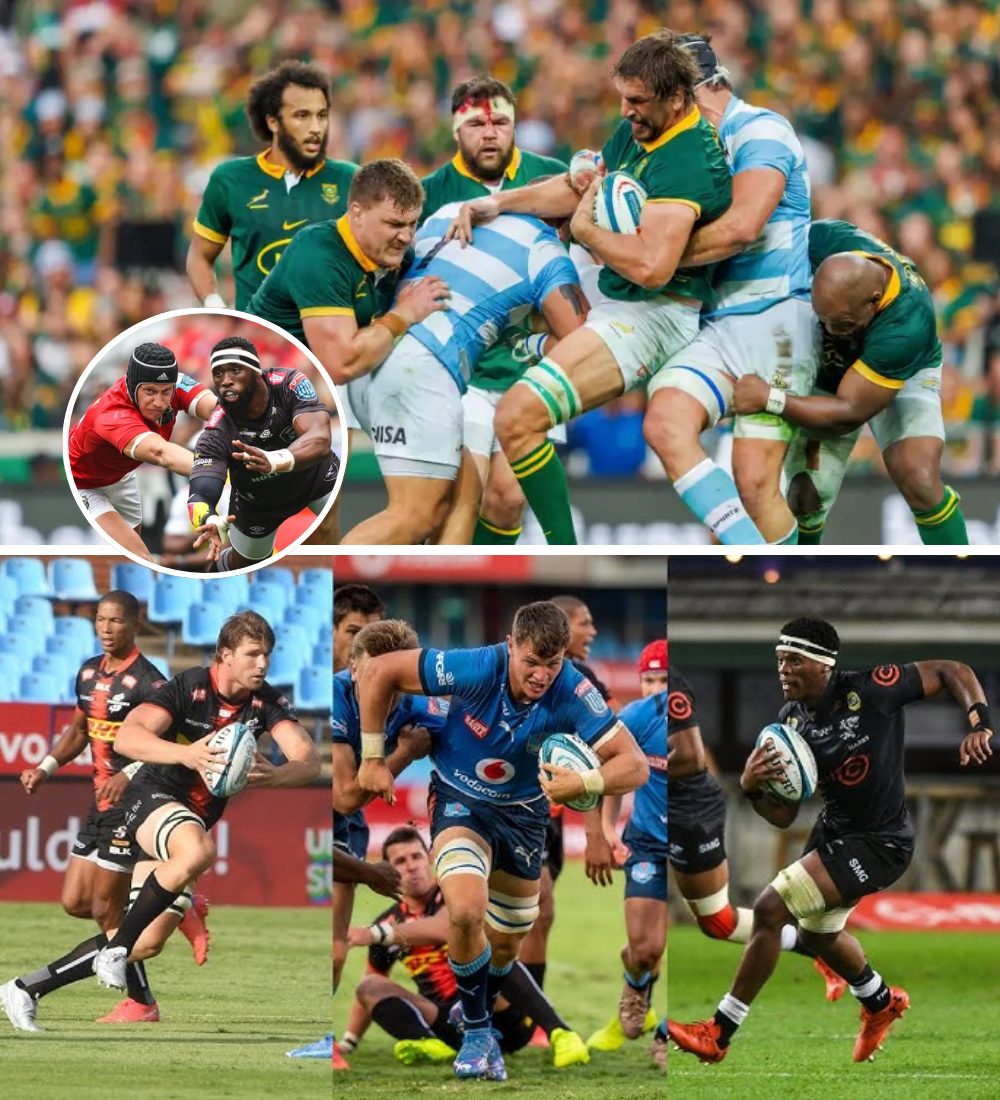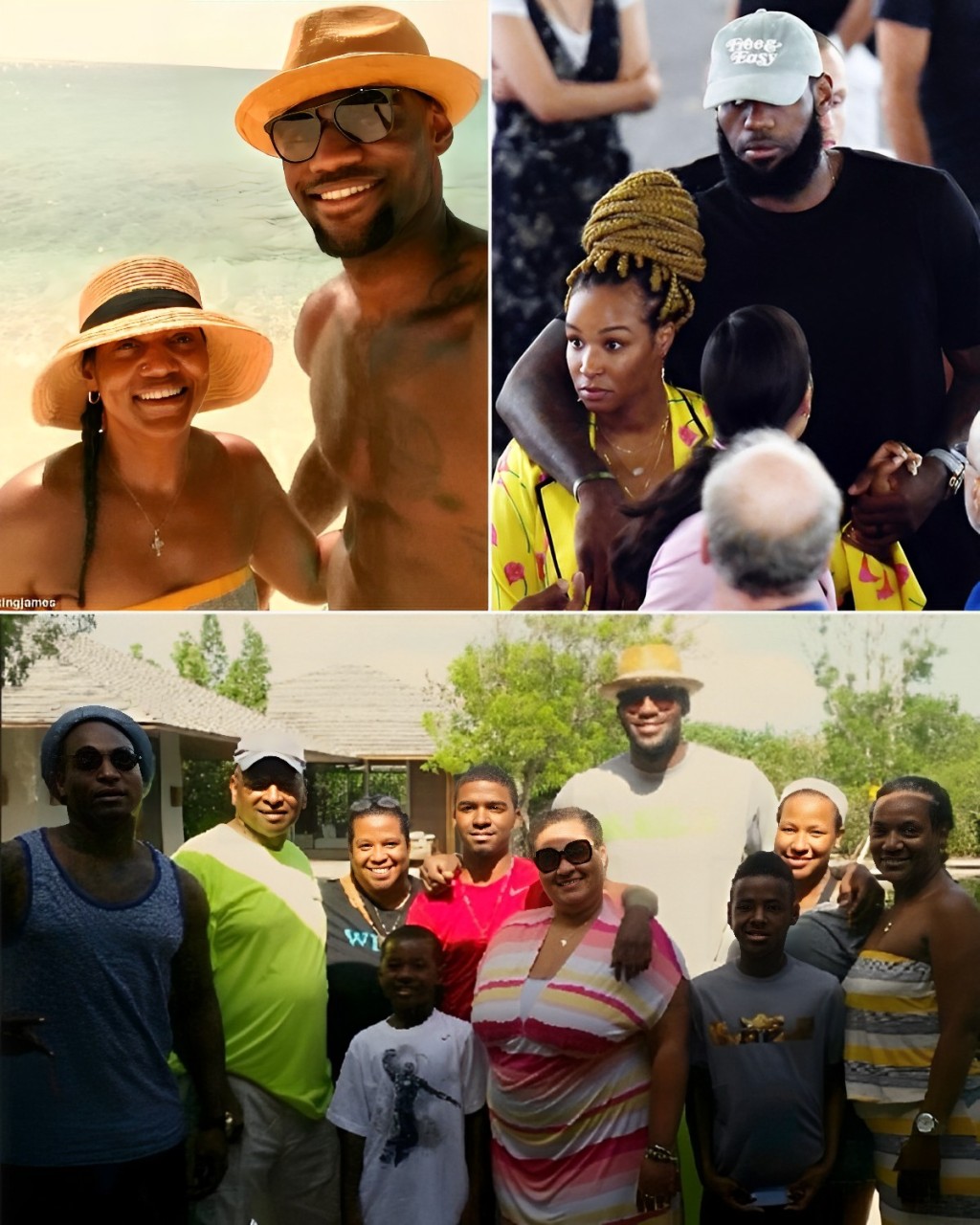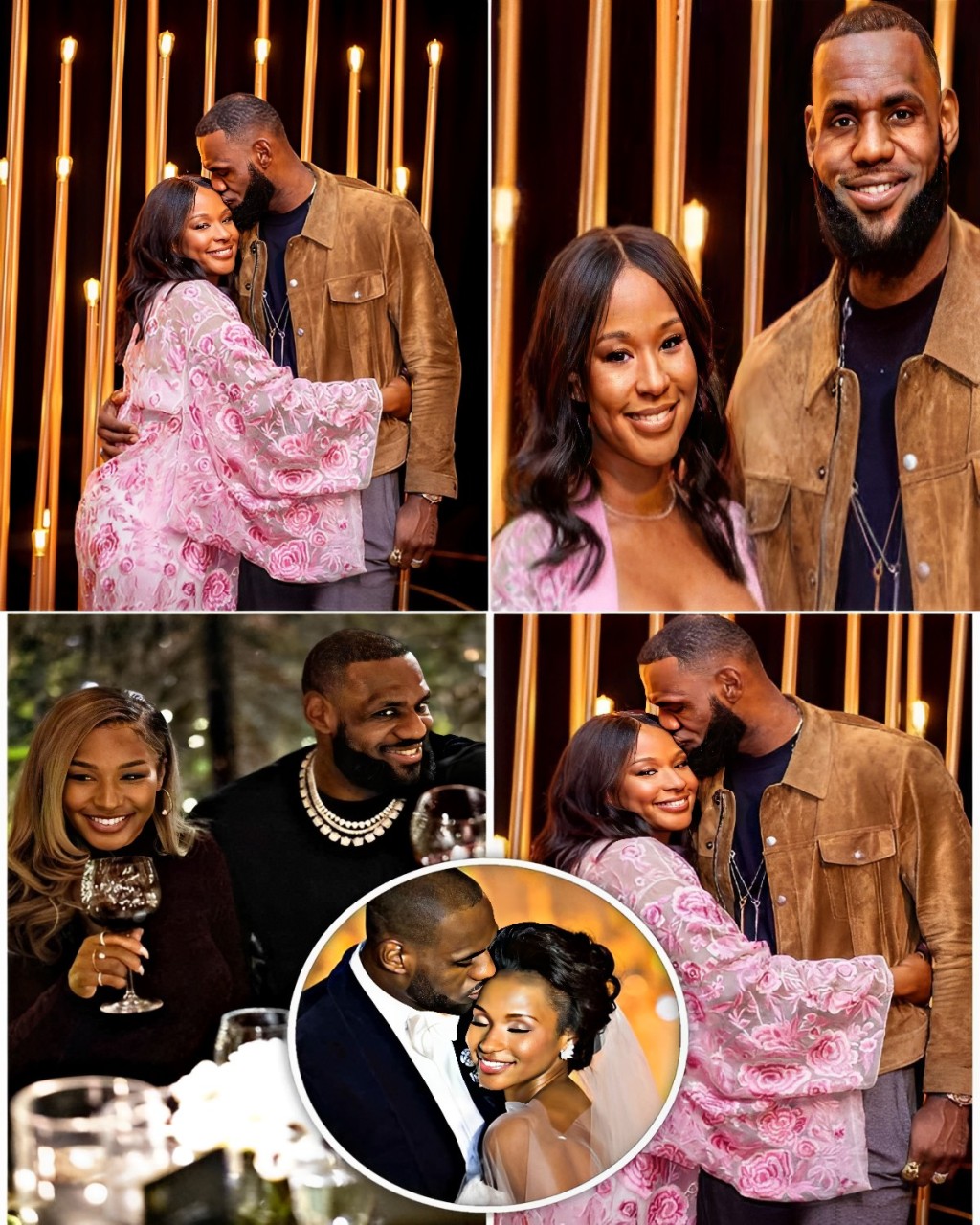Ask Melbourne Rebels fans mournfully reflecting on the brief history of their franchise to name their favourite players, and you wouldn’t be surprised to find many mention the 29-cap Japan No.8, Amanaki Mafi.
The Tongan-𝐛𝐨𝐫𝐧 star lit up AAMI Park during the 2017 and 2018 seasons, his dynamic running a genuine drawcard for fans, until a bizarre late-season incident in Dunedin saw him plead guilty to the assault of teammate Lopeti Timani, and his stay in Melbourne cut short.
Waratahs fans will fondly recall effervescent lock Jacques Potgeiter playing a critical role in the Tahs’ charge to the 2014 Super Rugby title. A crowd favourite with his long hair and irresistible will to win, Potgeiter was another of those rare and valuable commodities; a player who shifted eyeballs.
In the late 1990s fans flocked to Eden Park to watch the electric Joeli Vidiri play for the Auckland Blues. Pablo Matera took a little while to find his feet in Christchurch but by the end of the 2022 season Crusaders fans were marvelling at having one of the world’s premier loose forwards on their books.
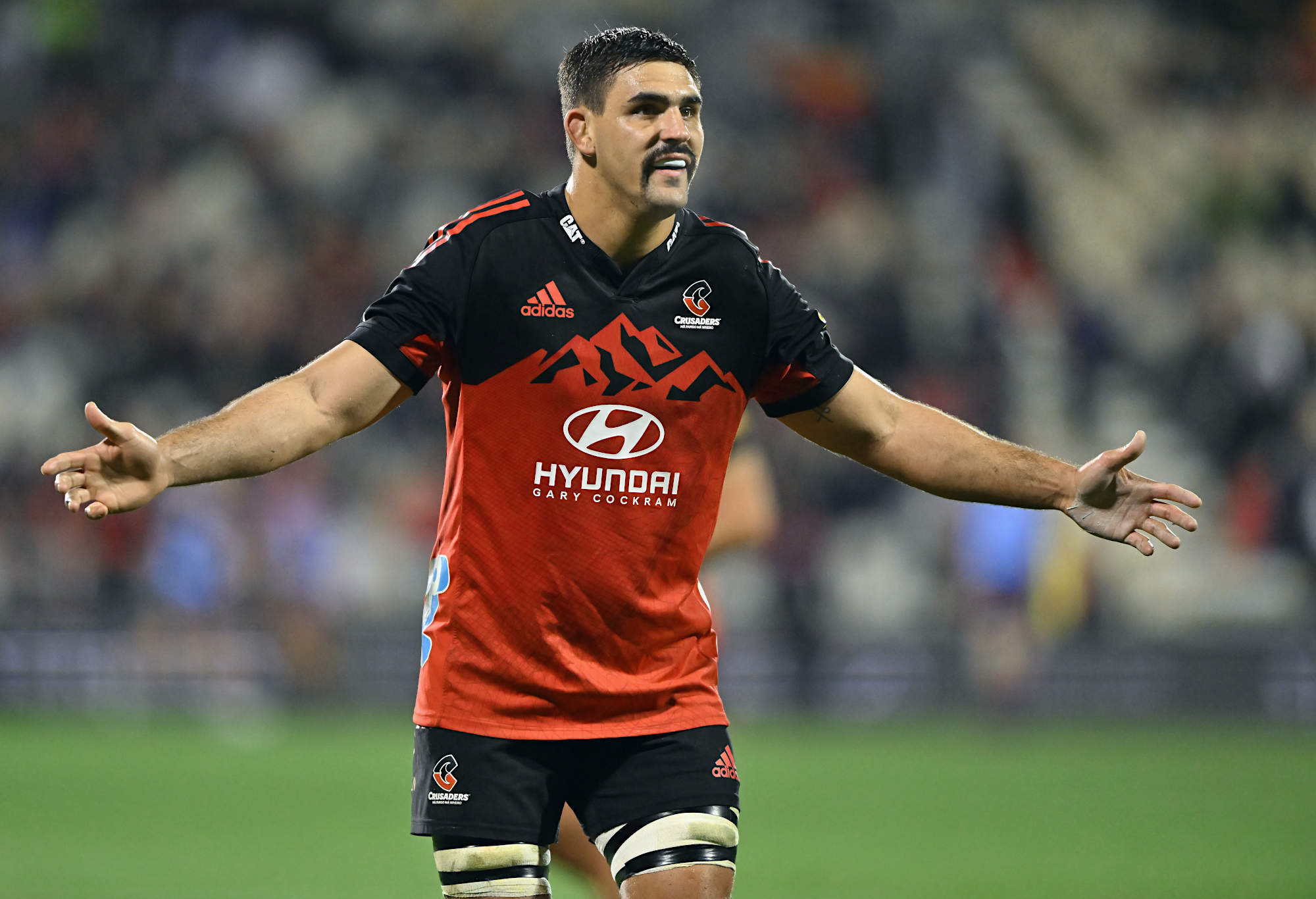
(Photo by Kai Schwoerer/Getty Images)
Admired for his never-say-die attitude, New Zealand halfback Alby Mathewson was, alongside Matt Hodgson, the glue that held the Force together for four years, from 2013-2016. Similarly, 11-Test All Black Jeremy Thrush was a four-year cult favourite at the Force.
Frank Lomani. Ayumu Goromaru. Greg Sommerville. There are many others.
What all those players have in common is that while they were entertaining Super Rugby crowds, they were ineligible for Wallabies and All Blacks selection (Vidiri would later switch allegiance from Fiji to New Zealand and play twice for the All Blacks).
All of those players made their franchises better, made the competition better, heightened interest and – most importantly – provided fans of their team with hope. Every fan likes to see home-grown juniors come through the system and succeed. But they also want to be entertained and to see their team win, no matter what country a player represents at Test level.
But faced with a foundering competition, at the negotiating table with broadcasters, with all of the variable factors that contribute to determining rights value heading southwards, instead of looking at ways to add colour and interest via overseas players, Rugby Australia appears determined to exclude them.
Fronting the media after a recent workshop in Brisbane, Rugby Australia’s chief of high performance, Peter Horne, spoke about improved alignment and common goals in Australian elite rugby, and how, with the reduction to four franchises, the goal was to focus Super Rugby selection more and more on players who were Australian eligible.
Acknowledging that there would still be opportunities for foreigners to cover gaps, Horne said, “We want to invest in Australians, effectively,” and “available (Super Rugby) spots will start to be filled, not by foreigners, but by Aussies.”
Horne is an extremely personable and knowledgeable rugby man. Since his appointment earlier this year he has worked hard to unite coaches, players, high performance staff and administrators, to ensure that Australian rugby’s internal systems become more efficient, and performance levels rise.
But by permitting Horne to fulfil his duties, it is clearer than ever that Rugby Australia – along with their New Zealand counterparts – are caught between trying to do what is best for their national programs, and running an elite rugby competition, and have no idea about how to achieve both simultaneously.
Nobody can argue Horne’s logic that if there are now only 160 professional rugby contracts available in Australia for a short 14-match competition, with Wallabies selection restricted to locally-based players, if there are nearly 30 spots taken up by foreign or ineligible players, then this does the Wallabies no favours.
What is also unarguable is that Horne doing his job effectively reinforces how, as far as the national unions are concerned, the primary purpose of Super Rugby is to prepare players for Test rugby.

Tom Wright kicks. (Photo by Mark Nolan/Getty Images)
Mirroring Australia’s position, New Zealand has long held an aversion to allowing players eligible for All Blacks selection to play for non-New Zealand franchises. Then CEO of New Zealand Rugby, Steve Tew, said to me in 2017, “Would Crusaders fans accept Kieran Reid playing for the Waratahs? I don’t think so.”
Entering the 2025 season, perhaps the more pertinent question is ‘will fans continue to embrace a stale competition that is more interested in protecting the interests of the Wallabies and All Blacks than it is in being the best competition it can be?’
A feature of the professional era has been the ongoing battle for primacy between Test and club/franchise rugby.
It is wholly ironic to note frequent criticism from this part of the world directed at French clubs for dictating terms to players, ‘encouraging’ them to prioritise club over country, and observe Australia and New Zealand’s national unions similarly protecting their own interests.
That’s their prerogative, but ask any Australian franchise CEO how difficult it is to get anybody from Rugby Australia to focus on any matter pertaining to Super Rugby between July and December and you’ll understand just how Wallabies-focused the organisation is.
Out come the yellow scarves and the long lunch invitations, while Super Rugby is forgotten for six months.
If all roads really do lead to the Wallabies and All Blacks, the quid pro quo is that the national unions cannot reasonably expect fans to invest their hearts and souls and dollars into the franchises. And they certainly can’t expect broadcasters to pay decent money for what is – unlike the NRL and AFL – demonstrably a second-tier competition.
Such a strategy also relies on the Test side winning. In that regard, Australia’s two-decades-old problem is obvious. But doubling down on the Wallabies winning feels much more like a ‘hail mary’ than a strategy; no matter Joe Schmidt’s capability.
Fans are also quick to tune into inconsistency and hypocrisy. Flyhalf Tane Edmed has been selected in the Wallabies squad for the Autumn Nations Series as a result of strong performances playing for North Harbour in New Zealand’s NPC competition.
If New Zealand had put up a barrier to Edmed’s participation because they didn’t want him blocking the development of a promising local player – just as Australia proposes to do – would he have even made this tour?
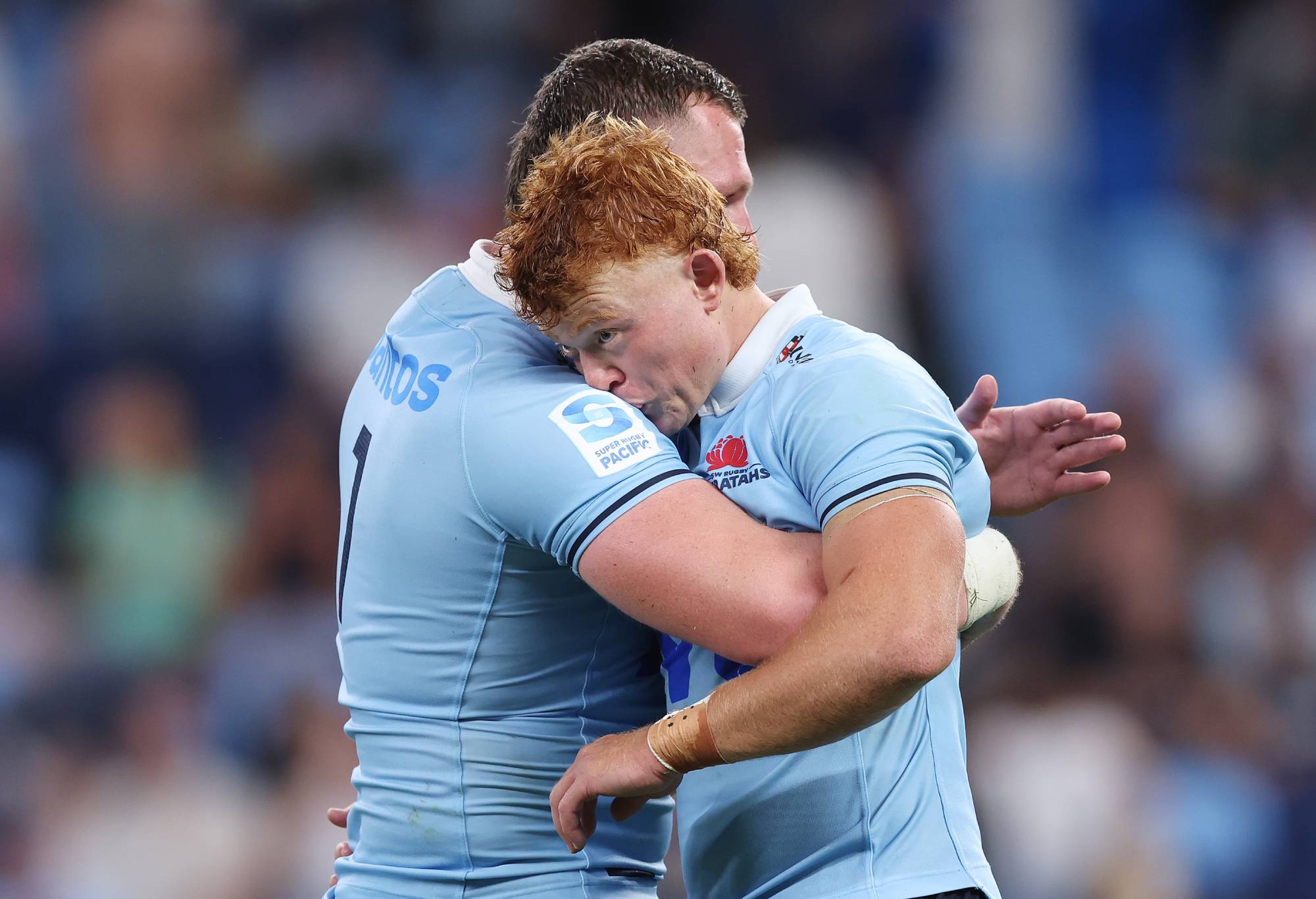
Tane Edmed hugs Angus Bell. (Photo by Mark Metcalfe/Getty Images)
During the All Blacks’ 64-19 win over Japan in Yokohama, commentator Tony Johnson mentioned how impressive Japan lock, 6 ft 8 inch giraffe Warner Dearns, was said to be keen to play Super Rugby. Dearns originally hails from Wellington, so perhaps that’s his target.
But why wouldn’t an Australian franchise go all out to sell their wares to Dearns, to get him on board and deliver their fans a new crowd favourite? If the only reason they can’t is because he might take game time away from an Australian, then that’s an obvious handcuff for the competition.
And if part of the rationale is that matches for local prospects are more critical because the competition is only 14 matches long – half the length of the French Top 14 – then instead of a ‘two wrongs don’t make a right’ approach, why not figure out a way to make the competition longer?
That’s a rhetorical question – it won’t happen because then Super Rugby would cross paths with the Test season and, unlike all of the northern hemisphere competitions, we haven’t even begun to figure out a way how to do both.
If it’s any comfort, it’s not only rugby that struggles with this issue. New Zealand’s Silver Ferns last week shot to an impressive 2-0 lead in their Constellation Cup Netball series against Australia’s Diamonds, largely due to the form of shooter Grace Nweke.
But because Nweke has signed to play for the NSW Swifts in 2025, Netball New Zealand has said that she will be excluded from Silver Ferns selection next year.
A ’stick’ policy designed to keep Nweke and others in New Zealand’s domestic competition has proven to be a classic shot in the foot – their best player will now be missing from both the domestic competition and the national team. How is that a good outcome for fans of New Zealand netball?
Because they don’t know any different, it’s understandable that our rugby administrations are hanging on to what they do know for as long as they can.
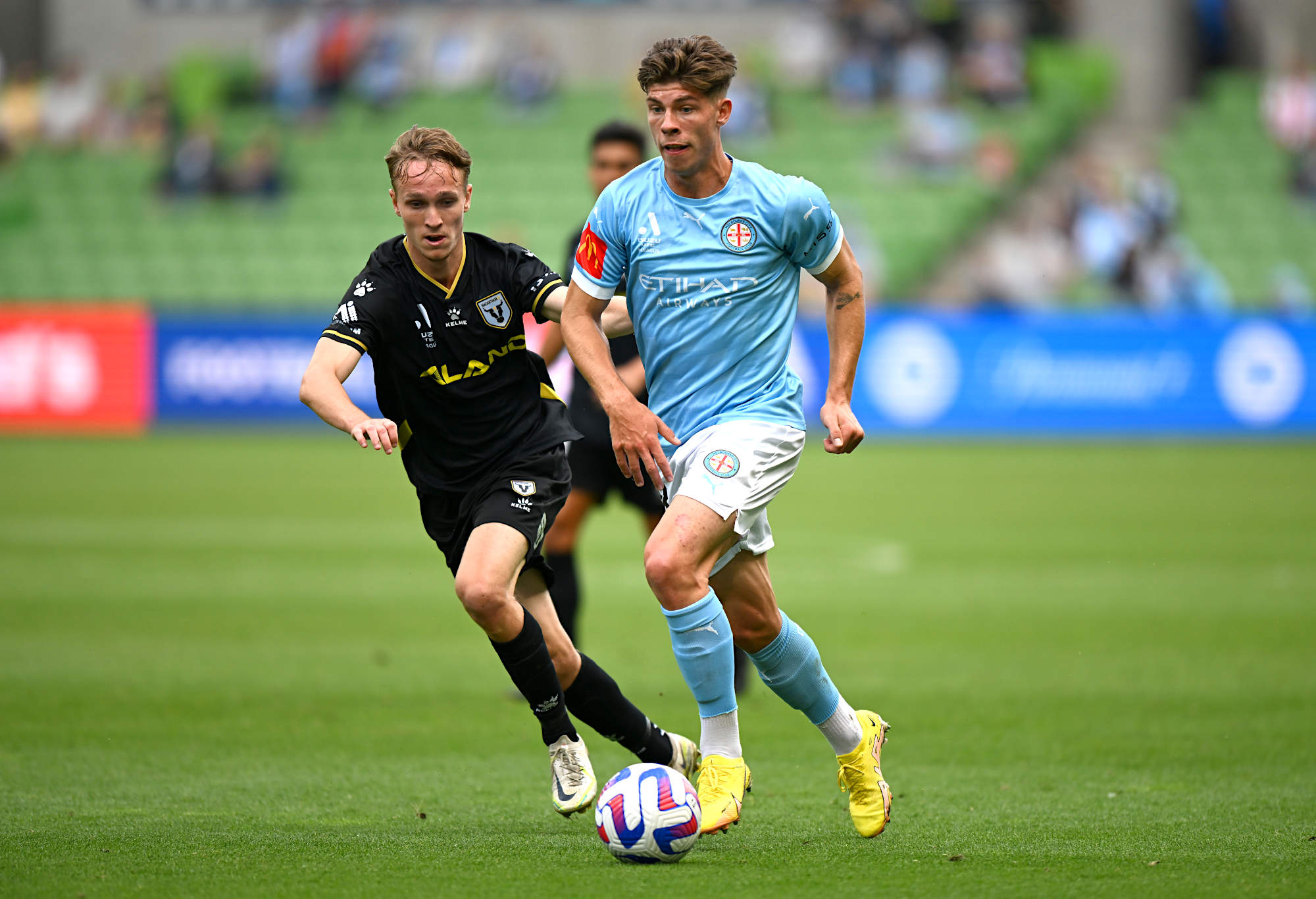
Jordan Bos is too good for the A-League. (Photo by Morgan Hancock/Getty Images)
But what’s instructive is how sports that have always been subservient to richer overseas leagues – like basketball and soccer – have a more pragmatic outlook. They understand that in professional sport, your place in the scheme of things is determined by how much – or little – money you have; not some sense of entitlement or a romantic attachment to past glory days.
Every Australian basketball fan understands that the NBL will never hold a candle to the NBA. But it’s a good quality league that is popular and well-supported; because everyone understands what it is, imports are embraced, and because administrators don’t tinker with it and use it to try to develop or protect the national side.
Comments last week from new Super Rugby Pacific CEO Jack Mesley provided little comfort.
Indicating that he had an open mind to the possibility of teams being added from Japan, South Africa and Argentina, Mesley delivered gems like “we’ll look through those three lenses”, and “there’s lots of moving pieces in the global landscape at the moment”, and “we’ve got some massive milestone events on our horizon with the Rugby World Cup and Olympics.”
Just three months into his role, it hasn’t taken Mesley long to discover that, for as long as Rugby Australia and NZ Rugby continue to prevaricate over what to do with Super Rugby, it’s almost impossible for him to say or do anything meaningful.
It’s now nine years since Japan beat South Africa in the 2015 World Cup, where every man and his dog could see there was an opportunity to frame and deliver a powerful regional, commercial and rugby alliance.
Instead, all we have is a new body to sit alongside the hopelessly ineffective SANZAAR, with a new CEO saying he’ll take a look into it.

Ruben Love celebrates with teammates. (Photo by Koki Nagahama/Getty Images)
I’m not sure there was much to take from the All Blacks’ performance that would have made fans feel better about where this side is headed under Scott Robertson. There were early defensive frailties under a concerted and inventive assault by Japan, lots of good stuff in the middle, followed by a whole lot of bumbling once the edge had gone out of the game and the benches were emptied.
On the plus side, Wallace Sititi again impressed, Samepini Finau put in a hard-working and heavy defensive shift at No.6, stand-in skipper Patrick Tuipulotu had probably his best match as an All Black, and it was great to welcome back Cam Roigard and Josh Lord from long-term injury.
On the other hand, it doesn’t matter how hard Asafo Aumua is to stop if he can’t nail the basics of throwing, and whoever thought it was a good idea to have Ruben Love, Damian McKenzie and Stephen Perofeta on the field at the same time probably has some explaining to do.
Just a quick reminder that my book A Year in the Life and Death of the Melbourne Rebels will be released tomorrow, and is now available for order in paperback and e-book format from all major online bookstores, including The Nile, Amazon, Booktopia, Kobo, Waterstones and others. Happy reading.
